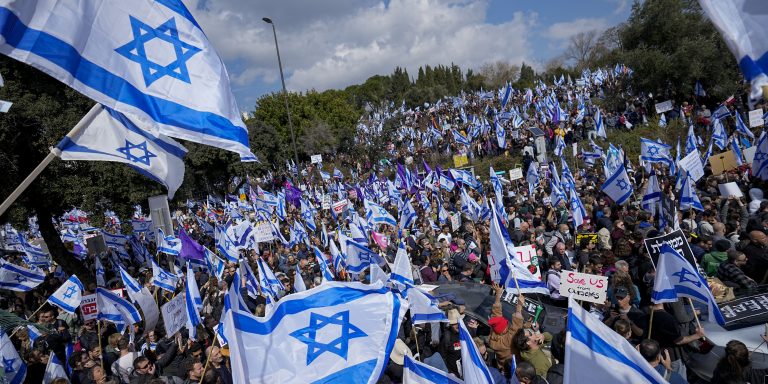
The unrest has been exacerbated by claims that Netanyahu is prioritizing political survival over national interests. Critics accuse him of undermining hostage negotiations with Hamas to maintain his grip on power, a charge that has further fueled public anger. The protests, which have largely been concentrated in Tel Aviv and Jerusalem, are also driven by concerns over the direction of Israeli democracy, with many fearing that Netanyahu's judicial overhaul threatens the country's democratic institutions.
The situation has become increasingly volatile, with clashes between protesters and police resulting in arrests and injuries. Despite the growing unrest, Netanyahu remains defiant, dismissing calls for a cease-fire and accusing the protesters of undermining Israel's security. This hardline stance has only served to galvanize his opponents, who are calling for new elections and his resignation.
Netanyahu's domestic challenges come at a critical juncture for Israel, as the conflict with Hamas shows no signs of abating. The Israeli Prime Minister is also under pressure from the international community, with allies like the United States urging restraint and a renewed focus on diplomatic solutions. As protests continue to escalate, Netanyahu's ability to navigate these overlapping crises will be crucial in determining his political future and the stability of Israel.
The protests, which have now drawn support from a broad spectrum of Israeli society, including former military and security officials, represent a significant challenge to Netanyahu's authority. With no end in sight to the demonstrations, the Israeli leader faces a growing crisis that could reshape the country's political landscape.
Topics
Politics
